
DMAA, short for 1,3-Dimethylamylamine, has sparked a lot of debates regarding its legality and safety.
Initially used in nasal decongestants and neuropsychiatric treatments, DMAA found its way into the fitness world as a powerful stimulant in pre-workout supplements.
Its effects, similar to those of amphetamines, include heightened energy, focus, and weight loss, making it a popular choice among fitness enthusiasts.
However, the potential health risks and regulatory scrutiny have made its status a complex issue.
In this guide, we'll navigate through the maze of DMAA's legal battles, health implications, and what you need to know if you're considering its use.
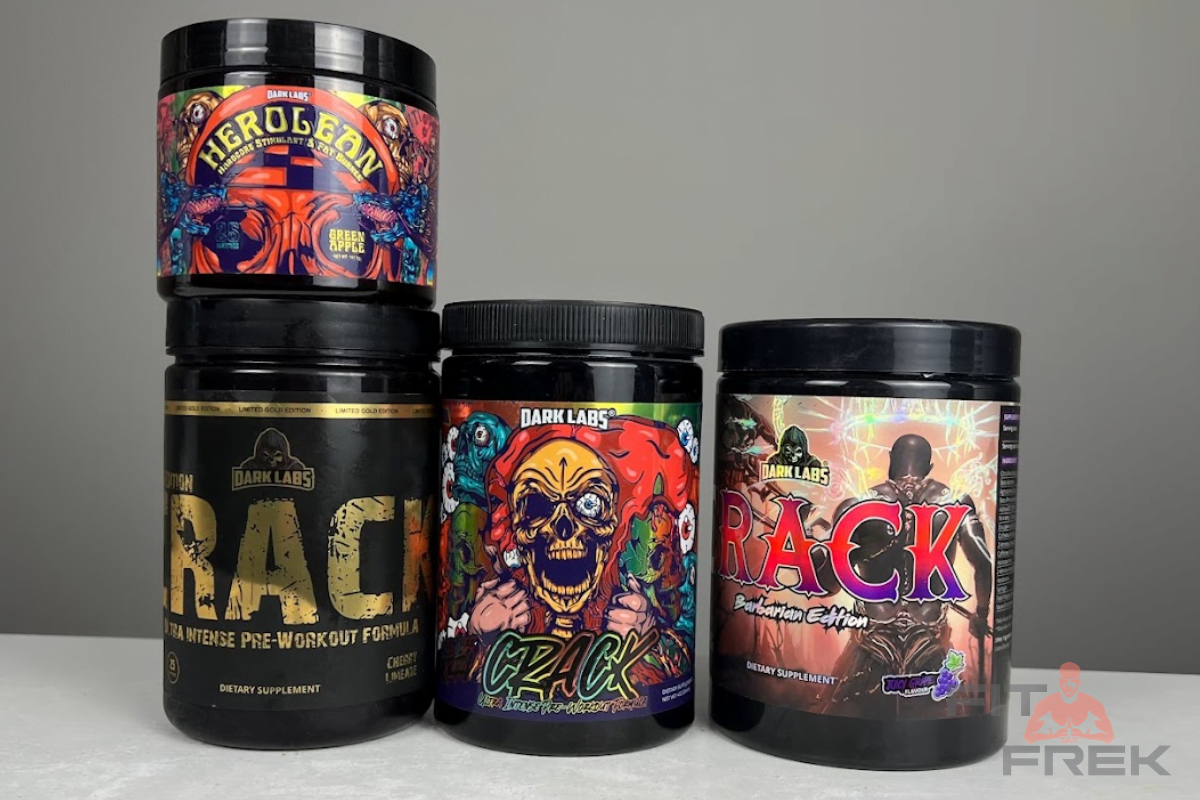
The legality of DMAA is a gray area that varies by country.
In the United States, the FDA has taken a firm stance against DMAA in dietary supplements, citing serious health risks, including cardiovascular problems.
Despite this, there isn't a federal ban on personal use, leaving a loophole for those seeking its benefits.
Globally, the situation is mixed – while countries like Australia and Canada have strict bans, others have more lenient regulations.
If you're wondering about DMAA's current legal status and safety, this guide will provide the clarity you need.
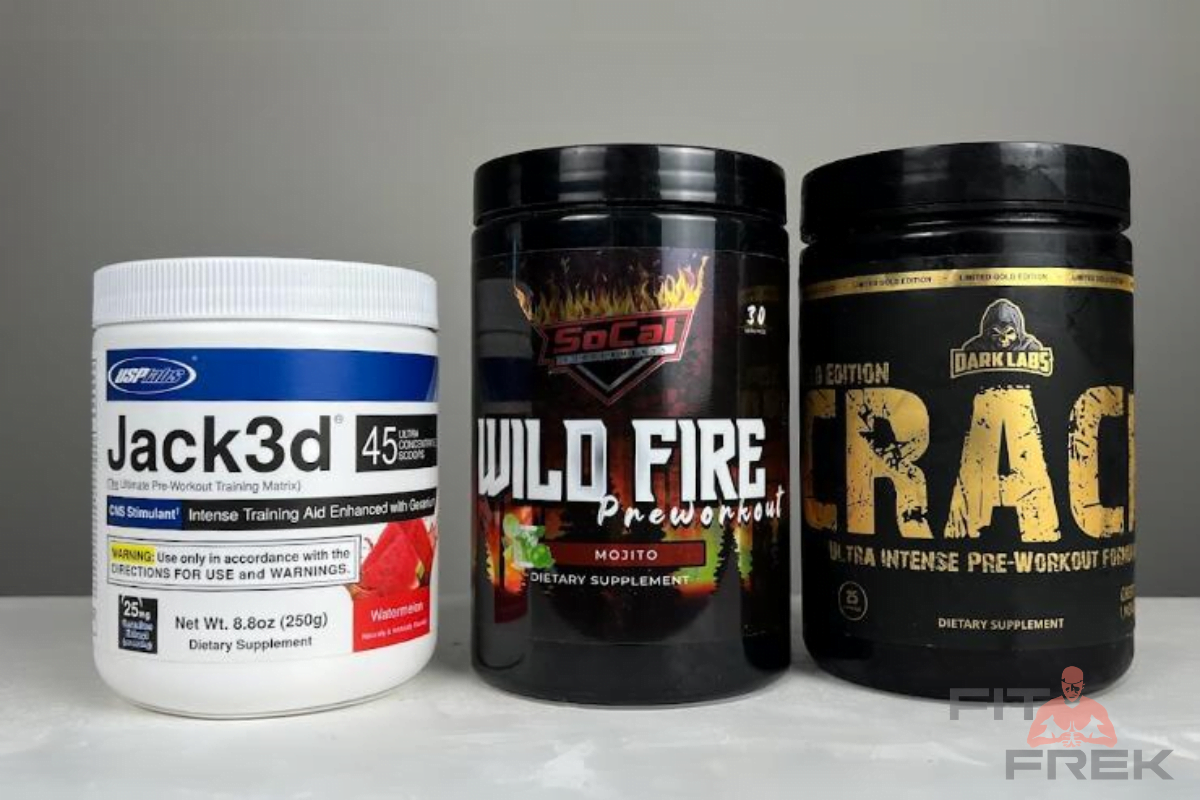
My engagement with the world of fitness and supplements isn't just a professional interest; it's a personal journey that spans over two decades.
Starting in 2004, my dedication to exercise has been a cornerstone of my lifestyle, evolving alongside the fitness industry itself.
By 2007, pre-workouts and supplements became integral to my regimen, enhancing my performance and understanding of nutritional science.
My experience with DMAA pre-workouts dates back to around 2010, navigating its highs and lows, and witnessing firsthand the debate around its legality and efficacy.
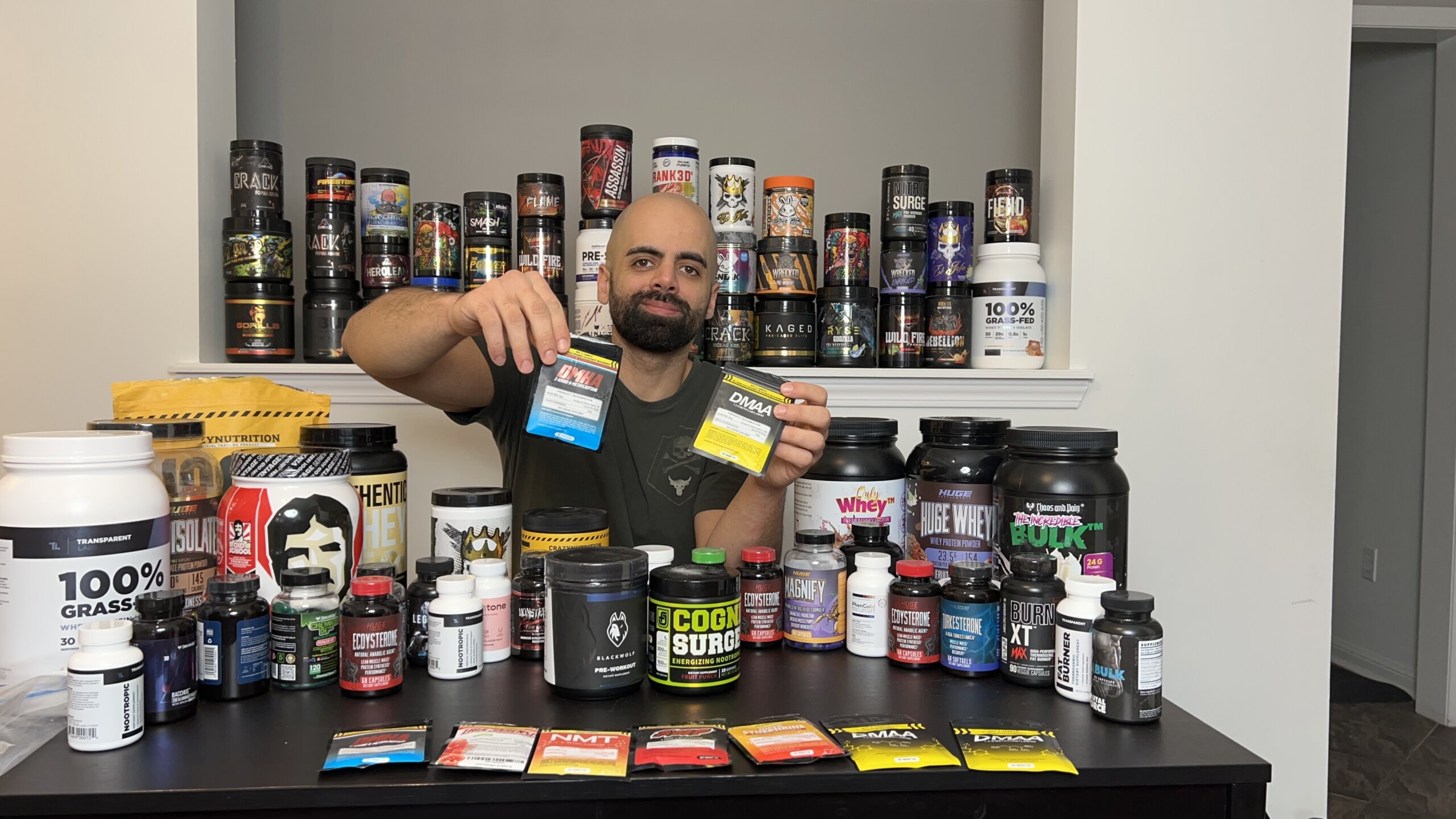
FitFrek was launched in 2013 out of a passion for fitness and a commitment to providing honest, in-depth insights into the world of supplements.
My approach is rooted in firsthand experience and a deep dive into the science behind each product.
This background isn't just about credibility; it's a testament to a relentless pursuit of fitness excellence and the quest to share that knowledge with you.
Whether you're a seasoned athlete or just starting, my mission is to guide you through the complex landscape of supplements with clarity and trust.
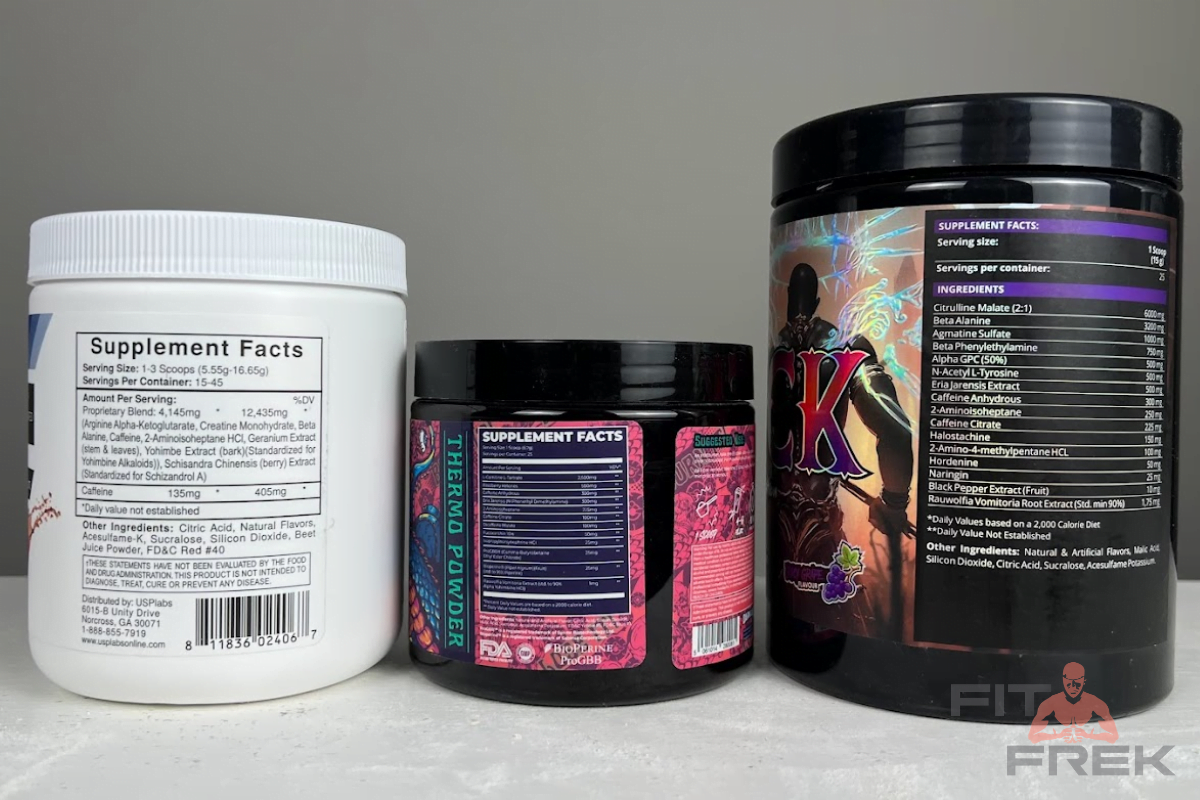
The United States Food and Drug Administration (FDA) has taken a clear position regarding DMAA: it's a substance of concern.
Citing health risks, particularly cardiovascular issues like high blood pressure and potential heart attacks, the FDA advises against the use of DMAA in dietary supplements.
Their stance isn't without action; over the years, the FDA has issued warnings to manufacturers and taken steps to remove DMAA-containing products from the market.
The crux of the FDA's argument against DMAA usage in supplements centers on the lack of evidence proving its safety for consumption.
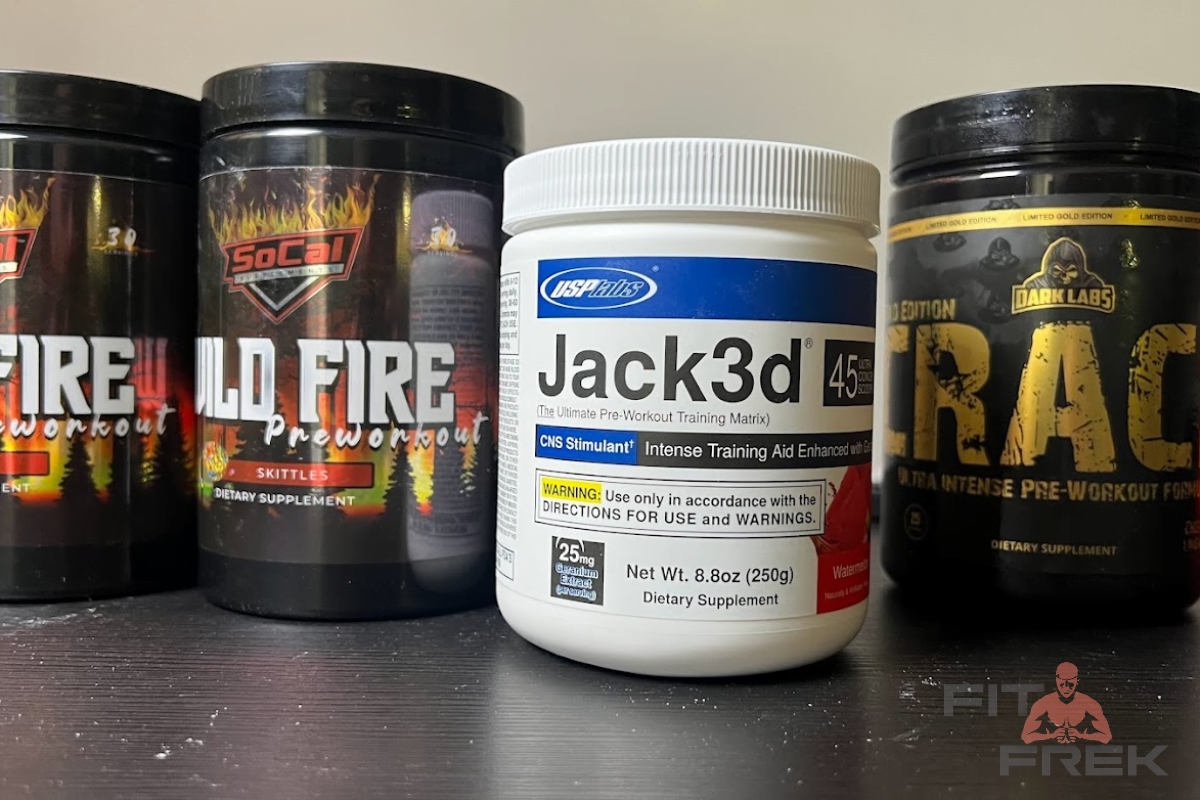
As a body that prioritizes public health, the FDA's advisories and enforcement actions serve as a cautionary guideline for consumers and manufacturers alike.
If you're considering DMAA for its performance-enhancing benefits, understanding the FDA's perspective is crucial.
This awareness can help navigate the choices available, ensuring safety remains a top priority.
In the U.S., DMAA is not outright banned for personal use, but it's illegal to sell it in dietary supplements.
This nuanced legality stems from the FDA's determination that DMAA does not qualify as a dietary ingredient.
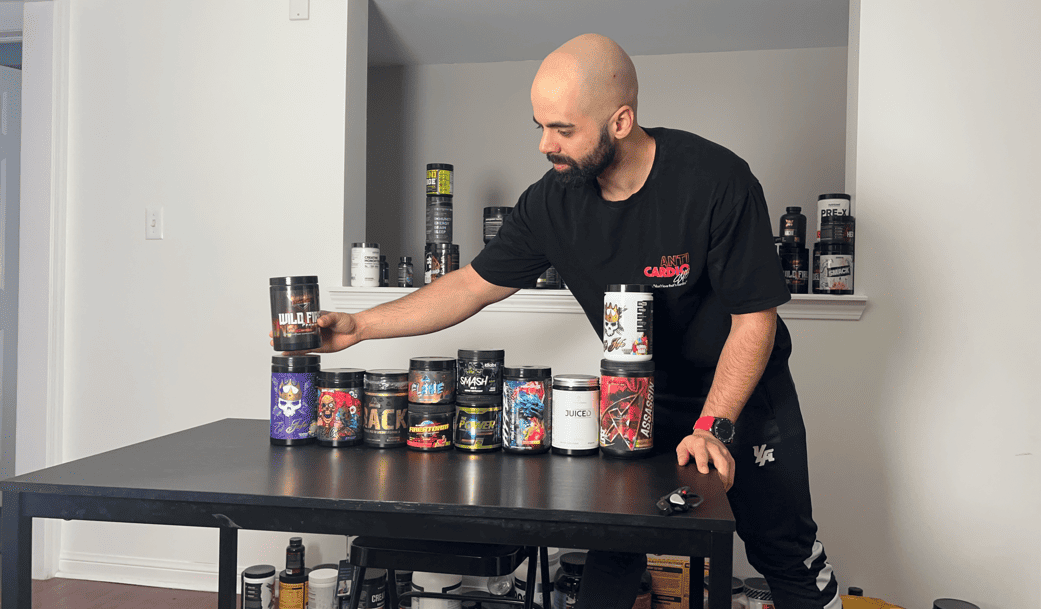
The result?
A market where DMAA-containing products are removed, yet personal possession remains in a legal gray area.
This situation creates a complex landscape for fitness enthusiasts and consumers.
On one hand, the availability of DMAA for personal use suggests a level of accessibility.
On the other, the FDA's crackdown on its sale in supplements underscores significant health and legal risks.
Navigating this requires a careful balance of understanding both the potential benefits and the clear warnings issued by health authorities.
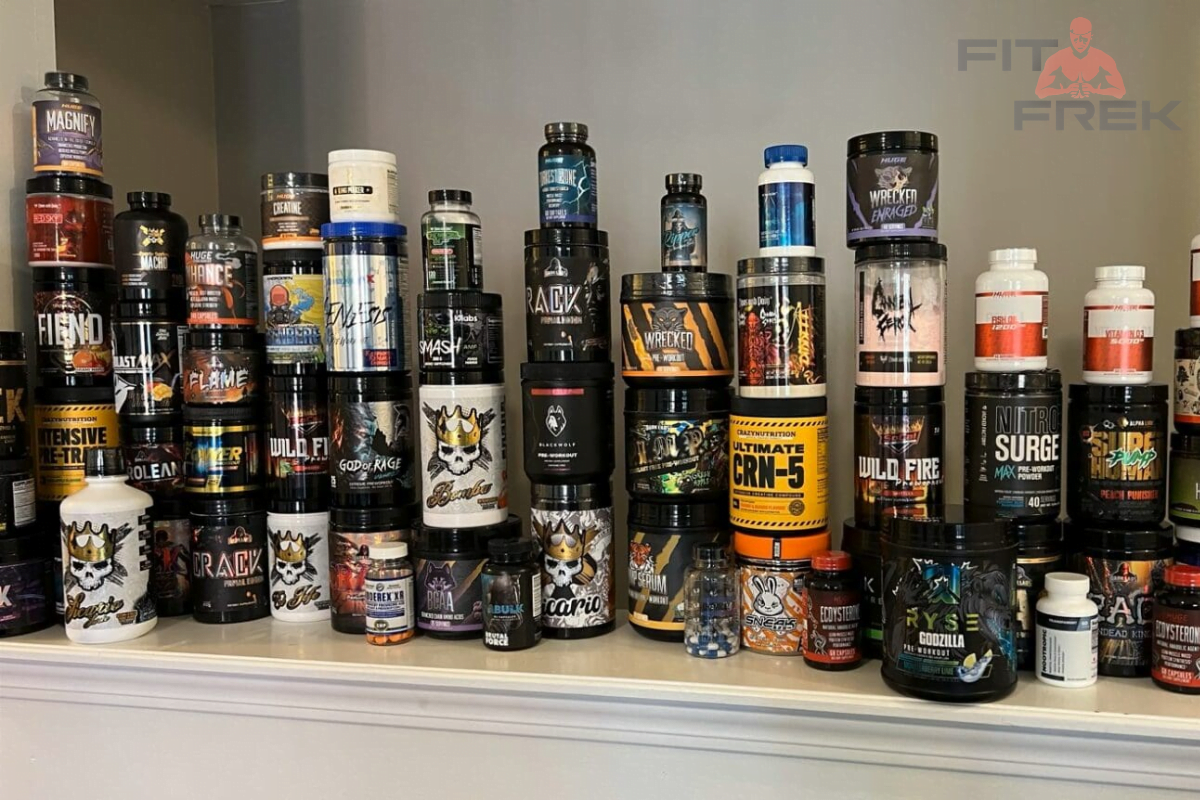
Around the world, DMAA's legal status varies dramatically.
Countries like Australia and Canada classify DMAA as a controlled substance, making its sale and possession illegal.
In contrast, the United Kingdom allows for personal possession, though selling it is prohibited.
This global patchwork of regulations reflects differing governmental approaches to supplement oversight and consumer safety.
For international readers or those traveling abroad, staying informed about local laws regarding DMAA is essential.
The variation in legal status underscores the importance of research and due diligence, ensuring compliance with local regulations while prioritizing health and safety.
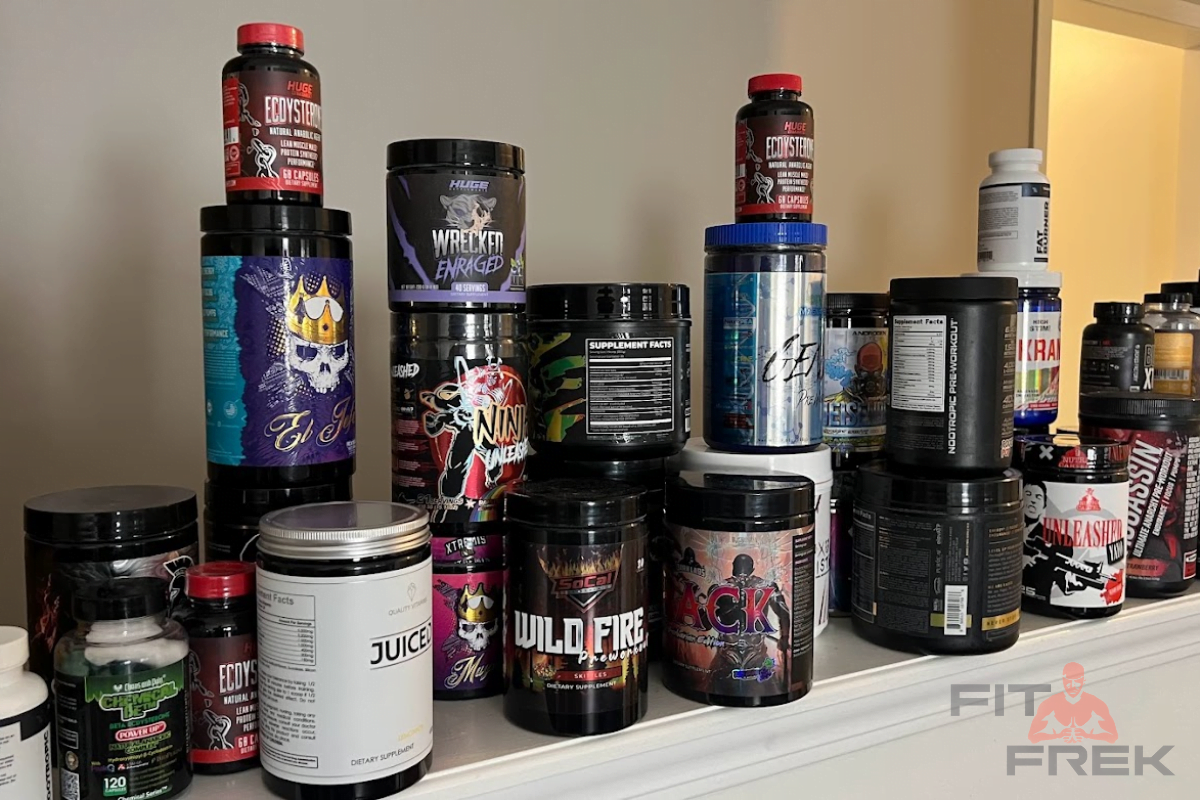
The appeal of DMAA, particularly for its stimulant effects, is undeniable.
However, these benefits come with significant health risks, such as increased heart rate, blood pressure, and potential for cardiovascular events.
The FDA's advisories highlight these concerns, pointing to cases of serious health outcomes associated with DMAA use.
For consumers, the message is clear: the potential health risks of DMAA overshadow its benefits.
Seeking safer, legal alternatives for energy and focus is advisable, prioritizing long-term health over short-term gains.
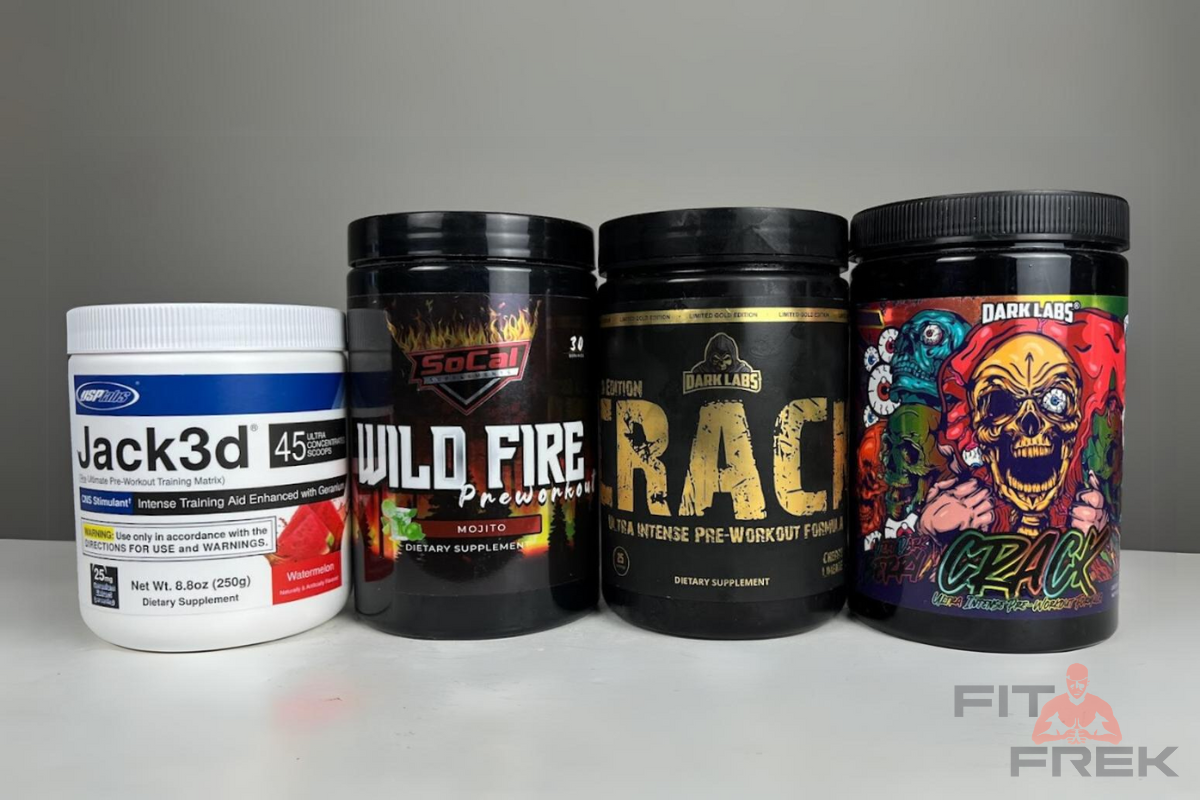
Recognizing DMAA in supplements requires vigilance.
It may be listed under various names, such as methylhexanamine or geranium extract.
Consumers are encouraged to read labels carefully and consider third-party testing as a means of verification.
This cautious approach is vital for those navigating the supplement market, aiming to avoid the risks associated with DMAA.
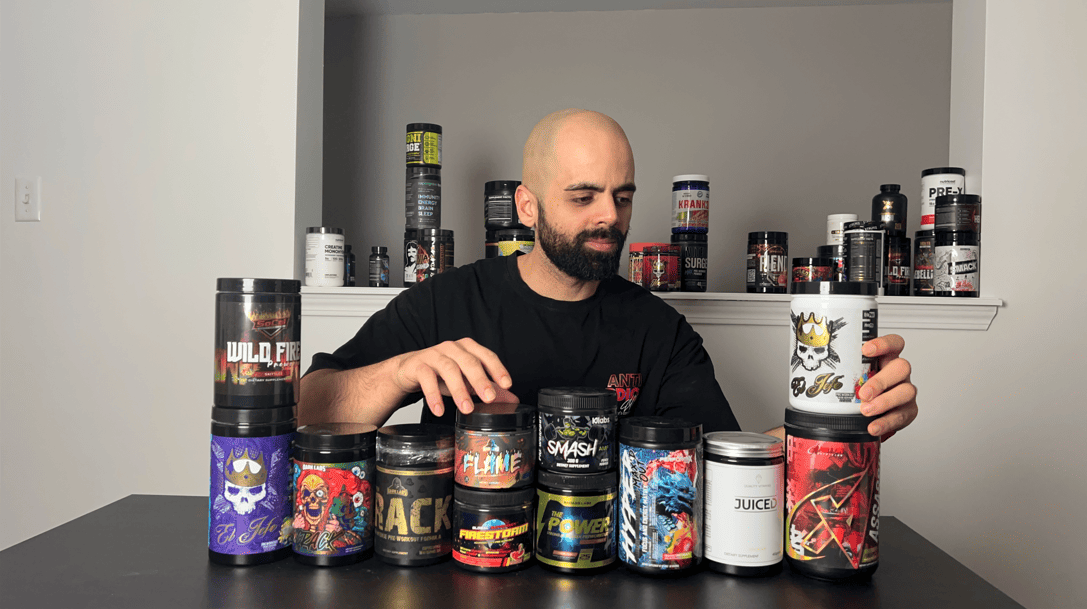
For manufacturers, the inclusion of DMAA in products comes with legal and financial risks.
Compliance with FDA regulations is not just about avoiding penalties; it's about ensuring consumer safety.
The crackdown on DMAA-containing supplements serves as a reminder of the responsibility manufacturers bear in promoting health and wellbeing.
Given the concerns surrounding DMAA, exploring safe and legal alternatives is crucial.
Ingredients like caffeine, B vitamins, and herbal extracts offer energy and focus benefits without the associated health risks.
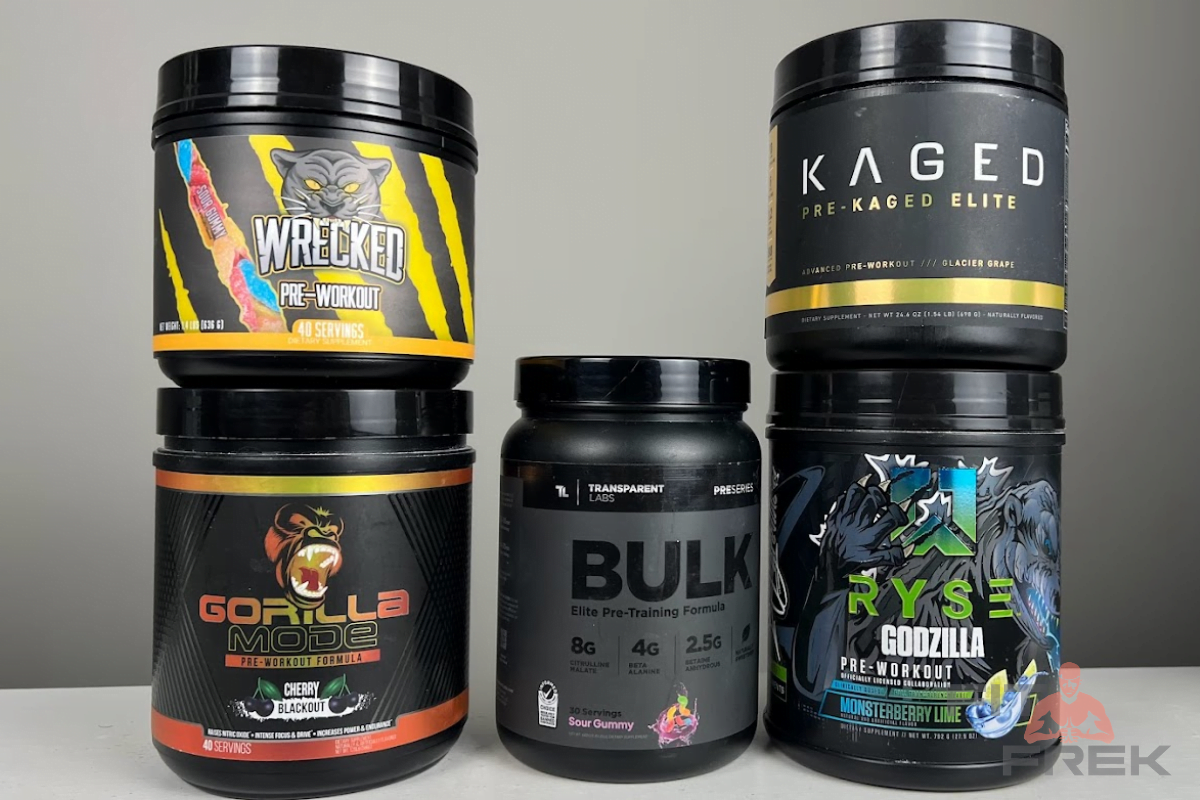
Consulting healthcare providers before starting any new supplement regimen is always recommended, ensuring choices align with personal health goals and safety standards.
Understanding DMAA's legal status, health implications, and safe alternatives empowers consumers to make informed decisions.
The key takeaway?
Prioritize health and legality when choosing supplements, leveraging the wealth of safer options available.
Where can I buy DMAA, and is it legal to do so?
The legality of purchasing DMAA varies by region. For a comprehensive guide on where you can buy DMAA and the legal considerations, check out our detailed article, "Can You Buy DMAA?", which explores the current marketplace and legal status around the world.
What are the effects of DMAA on the body?
DMAA is known for its stimulant effects, similar to caffeine but stronger. For an in-depth look at how DMAA works and its potential benefits and risks, see our article on "DMAA: Effects, Benefits, and Safety."
Will DMAA show up on a drug test?
Concerned about DMAA and drug testing? Our article "DMAA Drug Test Results" covers what you need to know about DMAA's detectability in standard drug tests.
Are there any reported deaths related to DMAA usage?
The safety of DMAA has been a topic of much debate. For information on DMAA's safety record, including reported cases, refer to "DMAA Related Deaths: What You Should Know."
How does DMAA compare to caffeine?
Both DMAA and caffeine are popular stimulants, but they differ in strength and effects. For a side-by-side comparison, our article "DMAA vs. Caffeine: A Comprehensive Comparison" provides detailed insights.
Can you snort DMAA, and what are the implications?
The method of consuming DMAA can significantly impact its effects and risks. While not recommended, for scientific insight into this method, read "Can You Snort DMAA?".
How does DMAA compare to DMHA?
DMAA and DMHA are both used for their stimulant effects, but they have different legal statuses and health implications. Learn more in our comparison article, "DMAA vs. DMHA: Understanding the Differences."
What's the difference between DMAA and DMAE?
Although their names are similar, DMAA and DMAE are different compounds with distinct uses and effects. For a detailed comparison, visit "DMAA vs. DMAE: What You Need to Know."
How do DMBA and DMAA compare?
Like DMAA, DMBA is another stimulant found in pre-workout supplements. For an analysis of their similarities and differences, check out "DMBA vs. DMAA: A Comprehensive Comparison."
Useful Links
 About FitFrek
About FitFrekFitFrek operates as an independent platform, offering comprehensive workouts, programs, routines, guides, and unbiased reviews to accelerate your progress. We pride ourselves on our honesty, delivering straightforward and candid insights. FitFrek does not offer medical advice, diagnosis, or treatment services.